Your Cart
You have no items in your cart.
Add items to your cart to learn how to save money on shipping.
Anou's Website is Changing! Is something not working as expected? Email us at hello@theanou.com
Your Cart
You have no items in your cart.
Add items to your cart to learn how to save money on shipping.
Cooperative Tadighoust gains its inspiration from one of the most beautiful oasises. With rugs inspired by desert, and baskets made with reeds from their local oasis, Tadighoust is full of potential.
Learn More About Association Tadighoust
Selected Favorites

Pile Knot Rug | Made To Order Only
Handmade By Nora Ait Alal and 1 others
Dimensions:2m 24cm x 1m 74cm x 2cm
Association Tadighoust's Listed Products
By Size
FILTER BY AVAILABILITY
SORT BY PRICE, NEW PRODUCT
Meet the Artisans of Association Tadighoust

Fatima Dadsi

Saida Skour

Fatima Bayba

Chaouai Naima

Hlima Ait Alla

Mina Slimani
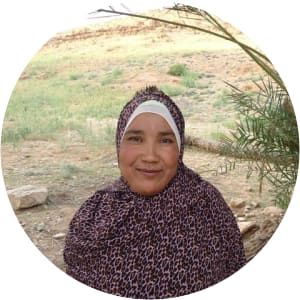
Rachida Ibour
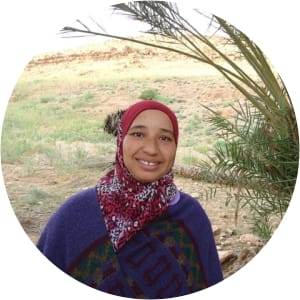
Nora Ait Alal

Nadia Ouahi

Rabha Amalik

Hanane El Akkaoui

None

None

None

None

None

Mouna Chaouai
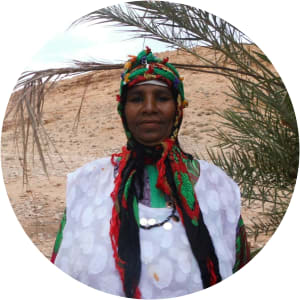
Aicha Caouai

Lkbira Sadaoui

None

Aicha Srghini
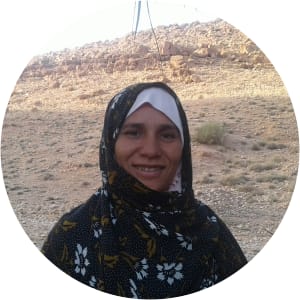
Rachida Mchaq
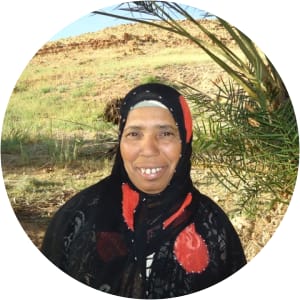
Aicha Rihi
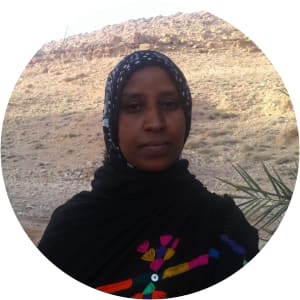
Fatiha Sabri

Karima Wahi
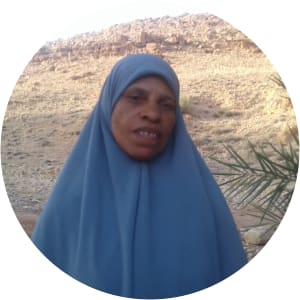
Naima Chaouai

Najat Bali

Fatima Bekhlaq
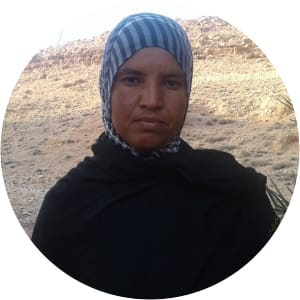
Nadia Seghrini

Saida Ochaoa

Khadija Chaouai
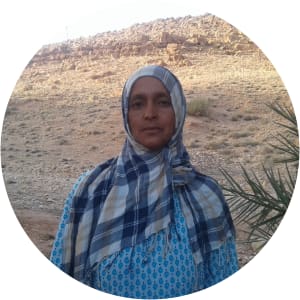
Fatima lhnani

Noura Ait Alla
About Association Tadighoust
Association Tadighoust is located in the village of Qsar Mouy in the region of Errachidia. The village is known for one of the oldest mosques in Morocco, rivaling the Qarawiyin Mosque in Fez. The area a desert region with a saraha-like weather. The locals are mainly involved in agriculture. However, due to the limited number of jobs available, most men move to bigger cities like Agadir, Meknes, Rabat or Casablanca to find work. In response to the outflow of men, the young people of the village created Association Tadighoust. The association emerged 8 years ago with the goal of developing the region and creating opportunities for the rural women to make a living. Today, many women work at the association, specializing in different products such as herbs, olive oil, and couscous in addition to the weaving that has always been the main activity for many local women. Local weaving craft, however, has been in recent decline do to lack of market access and increased middlemen activity.
Location
Schedule Visit